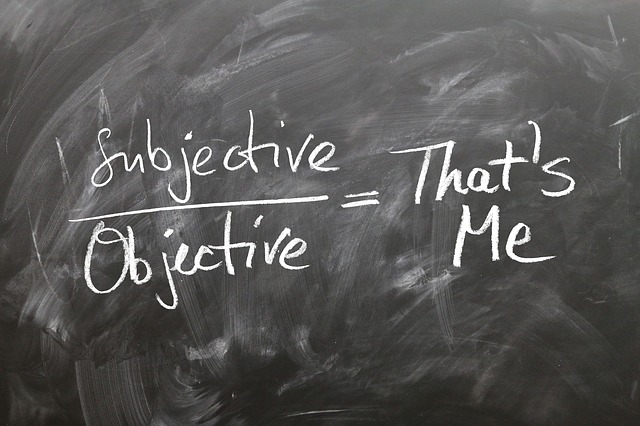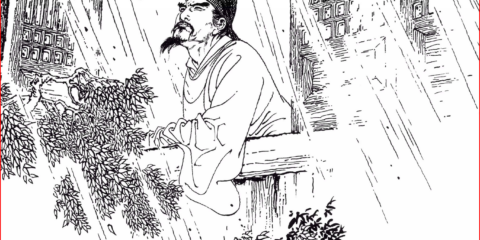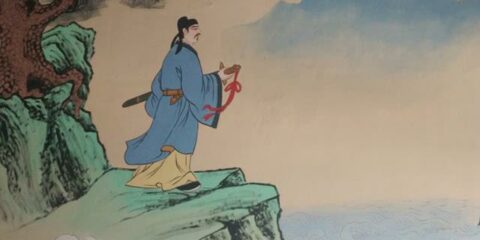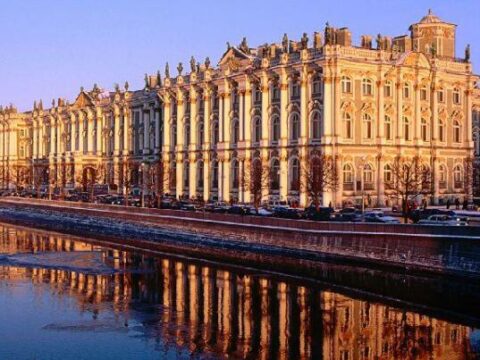41. David Hume (1711-1776) was an English agnostic philosopher. He made the epistemological theory of skepticism, which holds that the existence of an entity is unknown. “Habit” is put forward in epistemologyCausal theory of “sexual Association”. His representative works include the theory of human nature and the study of human reason.
42. Rousseau (Jean Jacques, 1712-1778) was a French Enlightenment thinker, writerDeists. It believes that the material world exists objectively and feeling is the root of cognition, but it does not deny God and the existence of the soul. He is the author of the origin and foundation of human inequality, the theory of social contract, Emile, and confessionRecord of regret.
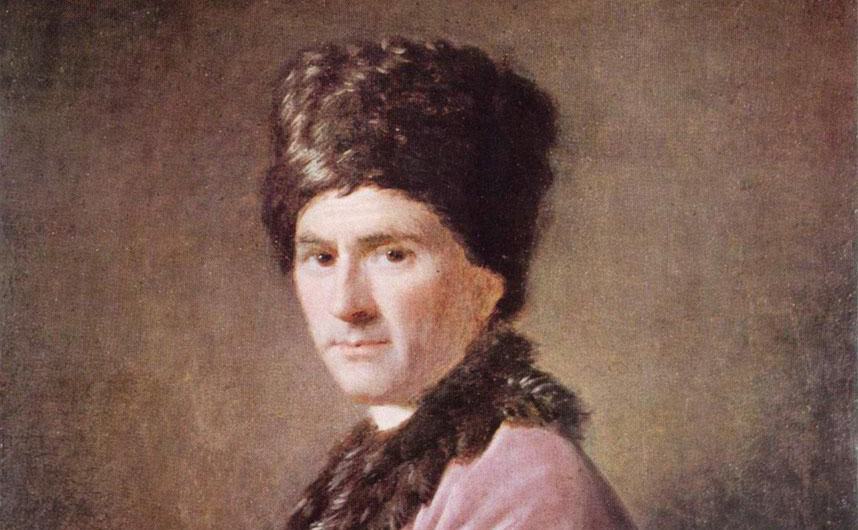
43. Kant (Immanuel, 1724-1804)The Founder of German classical philosophy, in the 18th century One of the important thinkers of the European Enlightenment. His transcendental philosophy is the spear of modern rationalism and empiricism The combination of the shield, he believes that there is a “free thing” outside of the human consciousness, is an unknown “noumenon”, recognized by people Knowledge is only the phenomenon. Introduce the eternal moral principle, namely the absolute command. Author of “A Critique of Pure Reason”, Criticism of Practical Reason and Critique of Judgment, etc.
44. Herder, Johann Gottfried (1744-1803) was a German philosopher. Pan TheismCombined with individualism, he believes that God is the original power of a single and infinite spirit, which is manifested in everything things. Put forward a preliminary historical view of aesthetics. His main works are “the forest of criticism” and “about promoting human communication.
45. Hegel, Georg Wilhelm Friedrich (1770-1831) German classical rationalism is the epitome of, an objective idealist and a master of dialectics. Founded as the largest idealism in European history philosophical system takes the dialectical development of the absolute spirit as the object and content; That the origin of the world is an absolute idea, The world is full of contradictions and is always in motion and change. He is the author of the phenomenology of spirit, logic andThe complete book of philosophy.
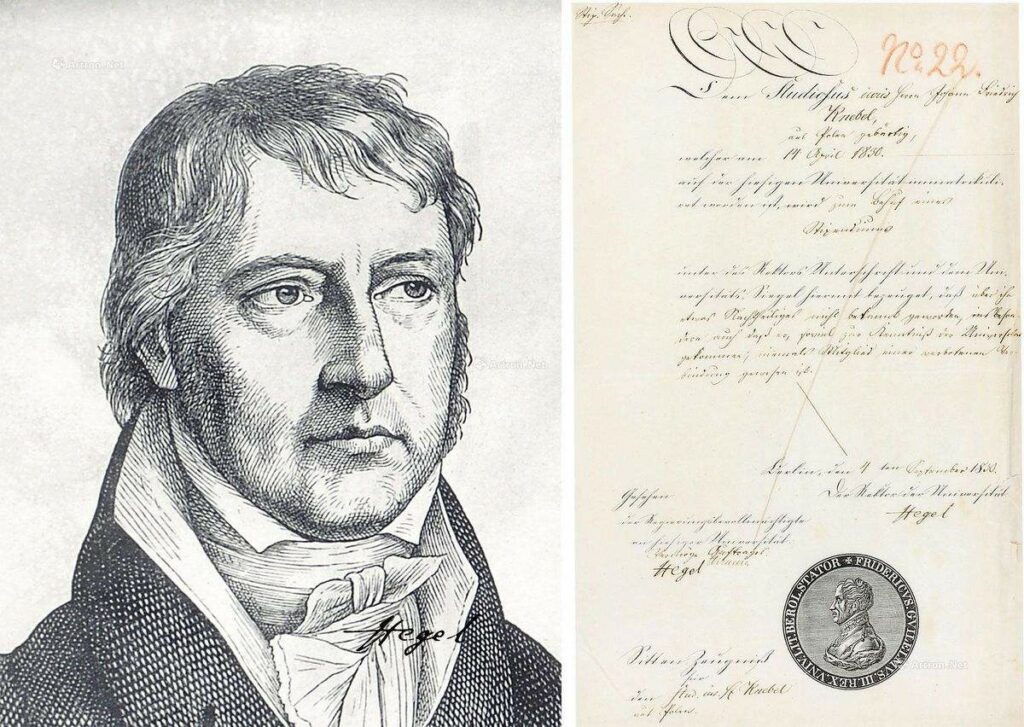
46. Schopenhauer, Arthur (1788-1860), German “pessimistic philosopher”, The founder of the school of voluntarism and the main representative of life voluntarism. He is Hegel’s absolute idealist opponent and pioneer of the new “life” philosophy. That “the world is my will and appearance”, emphasizes meaning the importance of ambition. Adhere to the position of anti-rationalism and believe that the phenomenal world is derived from the subject, not the real existence of He is the author of the world as will and representation.
47. Comte, Isidore Auguste Marie fraugois Xavier (1798-1857), FrancePhilosopher, the founder of positivism and the founder of sociology. That philosophy is not abstract reasoning, but should be based on “empirical facts”, that is, empirical facts and empirical phenomena. Materialism and idealism are not based on”Empirical facts” as the research object is not true and unscientific. He is the author of “a course of positive philosophy” and so on.
48. Feuerbach, Ludwig Andreas (1804-1872), German materialist philosopheratheist. Affirming that man is the product of nature, the unity of thinking and existence, and advocating the reflection of materialism, his “Humanistic materialism” does not see people’s subjective initiative to objective existence and does not understand social practice’s role in cognition. Main works: the essence of Christianity.
49. Karl Marx (1818-1883) was a German philosopher and mentor of the proletarian
revolution. The theory and theory are mainly composed of three parts: Marxist philosophy, Marxist political economy, and scientific socialism. Marxist philosophy emphasizes practicality and is the complete unity of materialism and dialectics, He also realized great changes in the field of historical view and founded historical materialism. His main works include Das KapitalCommunist Manifesto, German Ideology, critique of the Gotha Program, French Civil War, political economyCriticism of economics, etc.
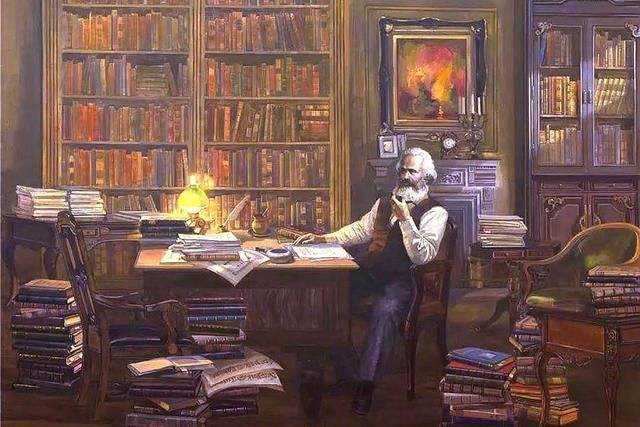
For reference and study only, feel free to leave comments.


